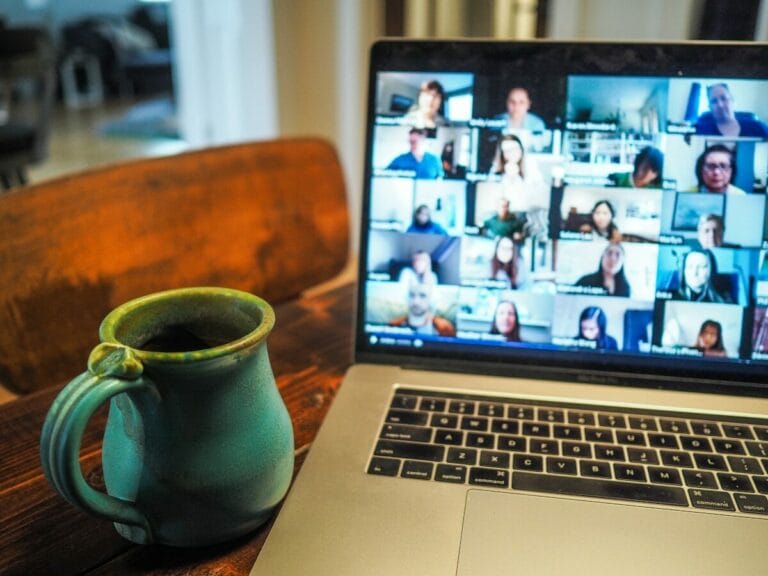Women are Embracing The Art of Self-Care: Beyond Spa Days and Shopping

We almost agree that self-care has become an indispensable practice for maintaining overall well-being. How many women practise self-care? While the occasional spa day or shopping spree may provide temporary relief, a more profound and holistic approach to self-care is increasingly essential for modern women. In this article, we’ll explore the broader dimensions of self-care, encompassing not just physical indulgences but also mental, emotional, and spiritual nourishment. Supported by relevant statistics and research, we’ll look into why adopting this comprehensive approach is vital for the well-being of contemporary women.

What is the History and Evolution of Self-Care?
Self-care is not a new concept; it has deep historical roots that have evolved significantly over time. Understanding its historical trajectory can provide valuable insights into its current significance.
Ancient Origins:
The origins of self-care can be traced back to ancient civilizations, where various cultures practised rituals and activities aimed at promoting physical, mental, and spiritual well-being. For instance, in ancient Greece, the concept of “eudaimonia” emphasised living a flourishing life through self-reflection and personal development. Similarly, traditional Chinese medicine and Ayurveda in India have long advocated holistic approaches to health that included practices such as meditation, herbal remedies, and mindful eating.
Medieval and Renaissance Eras:
During the mediaeval and Renaissance periods in Europe, self-care often revolved around religious and spiritual practices. Monastic communities practised self-care through prayer, meditation, and communal living, emphasising the importance of inner peace and spiritual health. Additionally, the Renaissance era saw a resurgence of interest in humanism, with a focus on individual well-being and self-improvement.
19th Century:
The 19th century marked a significant shift in the perception of self-care, particularly in the Western world. The Industrial Revolution brought about urbanisation and the rise of factories, which led to new health challenges. The concept of “self-help” gained prominence, with individuals seeking to improve their physical and mental health through books, publications, and early self-help movements.
20th Century:
The 20th century witnessed a further evolution of self-care. Advances in medicine and psychology led to a greater understanding of mental health and well-being. Self-care practices became more formalised, with the development of relaxation techniques, yoga, and stress management programs. The women’s liberation movement in the mid-20th century also played a pivotal role in emphasising the importance of women prioritising their own needs and well-being.
21st Century:
In the 21st century, self-care has taken on new dimensions, fueled by technology and the fast-paced nature of modern life. While traditional self-care practices remain essential, contemporary self-care has embraced a more inclusive and holistic approach. It recognizes that well-being is not solely about treating symptoms but preventing them through proactive, ongoing practices.
The advent of smartphones and mobile apps has made self-care more accessible than ever, with tools for meditation, fitness tracking, and mental health support readily available. Social media has also played a role in promoting self-care awareness, albeit with some caveats, as it can both inspire and exacerbate the pressure to appear perfect.
Understanding the Wellbeing of Modern Women
The history and evolution of self-care demonstrate its enduring importance in human life. From ancient rituals to modern digital tools, self-care has continuously adapted to meet the changing needs of individuals in diverse societies. Today, self-care encompasses a wide range of practices, from mindfulness and physical fitness to emotional well-being and spiritual connection. As the challenges of the modern world continue to evolve, the concept of self-care remains a vital and dynamic aspect of our lives, offering a path to balance and holistic well-being.
It’s crucial to grasp the challenges modern women confront. Studies indicate that women often experience higher levels of stress than men, largely due to financial concerns, family responsibilities, and workplace pressures. Additionally, women tend to prioritise the well-being of others over their own, which can lead to emotional exhaustion and burnout.
Statistics reveal the following:
- Stress Levels: A survey conducted by the American Psychological Association found that 53% of women reported feeling stressed most of the time, compared to 39% of men.
- Work-Life Balance: The pandemic has intensified challenges related to work-life balance, with women being 1.4 times more likely than men to consider scaling back their careers or leaving the workforce, according to a report by Lean In and McKinsey.
- Mental Health: According to the World Health Organization, women are more susceptible to diagnoses of depression and anxiety disorders, emphasising the need for a comprehensive approach to self-care.
A Holistic Approach to Self-Care: Beyond the Surface
- Mental Well-being: Holistic self-care starts with nurturing mental health. Women should prioritise practices like mindfulness meditation, journaling, and seeking professional therapy when necessary. A study published in “JAMA Pediatrics” demonstrated that mindfulness programs can lead to significant improvements in anxiety and depression among women.
- Emotional Resilience: Building emotional resilience is paramount. This entails recognizing and processing emotions, establishing healthy boundaries, and cultivating self-compassion. Research published in “The Journal of Positive Psychology” indicates that self-compassion is closely linked to improved emotional well-being.
- Physical Health: While physical self-care extends beyond spa treatments, it remains fundamental. Regular exercise, a balanced diet, and sufficient sleep are crucial for overall well-being. According to the American Heart Association, women who engage in regular physical activity have a lower risk of heart disease.
- Spiritual Connection: Nurturing the spirit is equally significant. Whether through religious practices, connecting with nature, or exploring mindfulness, spiritual well-being can provide a sense of purpose and inner peace. A study in the “Journal of Alternative and Complementary Medicine” found that spiritual practices can contribute to improved mental health.
Why Holistic Self-Care Matters
- Balanced Lives: Holistic self-care empowers women to lead more balanced lives, enabling them to manage stress effectively and maintain better physical and mental health.
- Stronger Relationships: Prioritizing self-care allows women to show up as their best selves in their relationships, whether with family, friends, or partners.
- Career Success: By taking care of their holistic well-being, women can enhance focus, creativity, and productivity at work, advancing in their careers without sacrificing their health.
- Resilience: Building emotional and spiritual resilience equips women to confront life’s challenges with grace and strength, reducing the risk of burnout and mental health issues.
The concept of self-care for modern women extends far beyond occasional spa visits and shopping escapades. It embraces a holistic approach that nurtures the mind, heart, body, and spirit. In a world where women frequently shoulder multiple responsibilities, prioritising self-care is no longer a luxury but a necessity.
As the statistics and research demonstrate, holistic self-care is essential. It empowers women to lead fulfilling lives, maintain sound mental health, and develop resilience when facing adversity. Embracing this comprehensive approach to self-care allows modern women to thrive in all aspects of their lives, achieving a harmonious balance that benefits not only themselves but also those around them.
Do you want to share your story and inspire our readers ? Know that every story is paving the way for a brighter, happier future.





